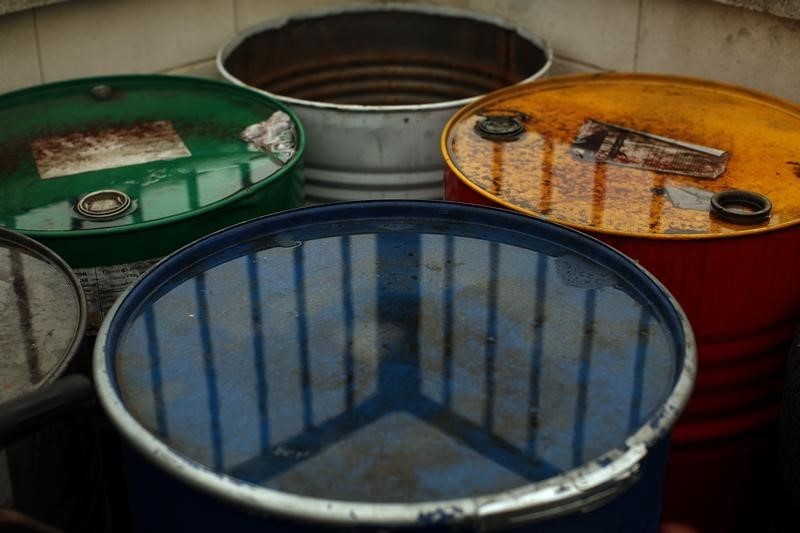OPEC+ seen sticking to November output plans
OPEC+ is likely to stick to an existing deal to add 400,000 barrels per day (bpd) to its output for November when it meets next week

OPEC+ is likely to stick to an existing deal to add 400,000 barrels per day (bpd) to its output for November when it meets next week, sources said. Consumers pressure for more supplies above $80 a barrel despite hitting a three-year high.
The Organization of the Petroleum Exporting Countries and Allies led by Russia, known as OPEC+, in July agreed to phase out a 5.8 million bpd cut to increase production by 400,000 bpd every month. It was also agreed to assess the deal in December.
“As of now we will have a plan to increase by 400,000 bpd,” said one of the sources.
OPEC+, which has held regular meetings, in September agreed to continue with its existing plans for October output growth.
The OPEC+ Joint Technical Committee (JTC) meets on Wednesday to review the market and present the findings to ministers.
Sources said OPEC+ ministers, who meet online on Monday, will consider the JTC’s findings before making a final decision.
Brent oil climbed to a three-year high of $80 a barrel on Tuesday, driven by an unplanned outage in the United States and a strong demand recovery after the pandemic. On Wednesday, the prices were trading just below $80.
The White House, which raised concerns about higher prices in August, said on Tuesday it was in communication with OPEC and looking into how to address the cost of oil.
India, the world’s third largest oil importer and consumer, indicated on Tuesday that a hike in crude oil prices would accelerate the transition to alternative energy sources.
Energy ministers from OPEC members Iraq, Nigeria and the United Arab Emirates have said in recent weeks that the group sees no need to take extraordinary measures to replace the existing agreement.
JTC’s agenda includes compliance with existing cuts, which stood at 116% in August, meaning the group is cutting more than planned, with many members facing domestic constraints on ramping up production. This points to a tighter oil market.
OPEC members Nigeria and Angola, major African oil exporters, will struggle to boost production to their OPEC+ quota levels until at least next year due to low investment and maintenance issues, sources said.
This means that any major production growth by the group will have to depend on producers with additional capacity such as Saudi Arabia and the United Arab Emirates.
Barclays said the recovery in demand would outpace OPEC+ moves, “partly due to limited capacity for some producers in the group to ramp up production, which is likely to push the inventory cushion to its lowest level in decades.”